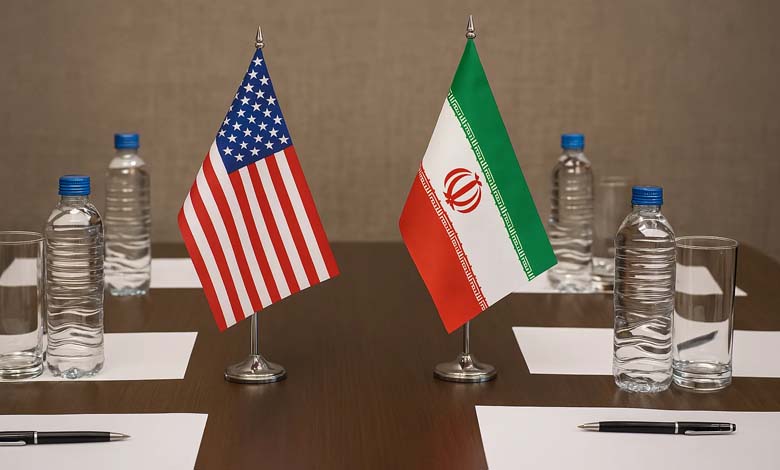Nuclear Talks: Iran Rejects Washington’s Proposal, Prepares Alternative Offer

While Iran has rejected the latest U.S. proposal, it has left the door open by preparing a counter-offer and setting conditions for the lifting of sanctions.
On Monday, Iranian Foreign Ministry spokesman Esmail Baghaei stated that Tehran would soon submit a counter-proposal within the framework of nuclear negotiations to the United States via the Sultanate of Oman.
-
Khamenei, Iran’s Illness and the Obstacle to Any Agreement with Washington
-
Washington Tests Military Capabilities Amid Escalation Between Israel and Iran
This response comes after a U.S. proposal that Tehran deemed “unacceptable.”
“The American proposal is unacceptable to us,” Baghaei said, noting that it “does not reflect the progress made in previous rounds of negotiations.”
He added, “We will submit our own proposal to the other party through Oman once it is finalized. It is a reasonable, logical, and balanced offer.” No further details were provided.
Baghaei stressed that before lifting sanctions, Iran must be assured of tangible economic benefits and the normalization of its banking and trade relations with other countries.
-
Washington rules out Iran and its proxies’ involvement in expanding the war
-
Washington sends messages to Iran and Hezbollah via Turkey… Details
No Date Set for the Next Round
Earlier, Reuters reported that Tehran was drafting a response to the U.S. proposal submitted in late May.
An Iranian diplomat told the agency that the American offer failed to resolve key disputes over uranium enrichment on Iranian soil, the shipment of Iran’s highly enriched uranium stockpiles abroad, and steps concerning the lifting of U.S. sanctions.
Regarding a potential sixth round of nuclear talks between Iran and the U.S., Baghaei said that no details or dates have been agreed upon yet.
-
Washington Imposes New Sanctions on Iranian Individuals and Entities… What’s New?
-
Washington doubts the seriousness of forming a naval alliance comprising Iran and Gulf states
In this context, the Iranian foreign ministry spokesperson called on the international community to work towards Israel’s nuclear disarmament. Tehran maintains that Tel Aviv is actively working to sabotage the negotiations.
Last week, Iran’s Supreme Leader Ali Khamenei rejected the U.S. offer, saying it conflicted with the country’s interests. He pledged that Tehran would continue enriching uranium, which Western powers see as a path to nuclear weapons. Iran insists its nuclear program is solely for peaceful purposes.
During his first term, former U.S. President Donald Trump withdrew in 2018 from the 2015 nuclear agreement between Iran and six world powers and reinstated crippling sanctions on Iran’s economy. In response, Tehran ramped up uranium enrichment well beyond the deal’s limits.
-
Iran’s Intelligence Minister to Soon Reveal Israel’s Hidden Treasure
-
Khamenei Responds to Washington Over Uranium Enrichment
Sensitive Documents on Israel’s Nuclear Program
Iran accuses the West of turning a blind eye to Israel’s nuclear program while pressuring Tehran’s. Israel neither confirms nor denies possessing nuclear weapons.
Baghaei pointed out that sensitive Israeli documents—previously promised to be disclosed by Iran—will show that “those who constantly question the peaceful nature of Iran’s nuclear program are actively strengthening Israel’s military nuclear project.”












